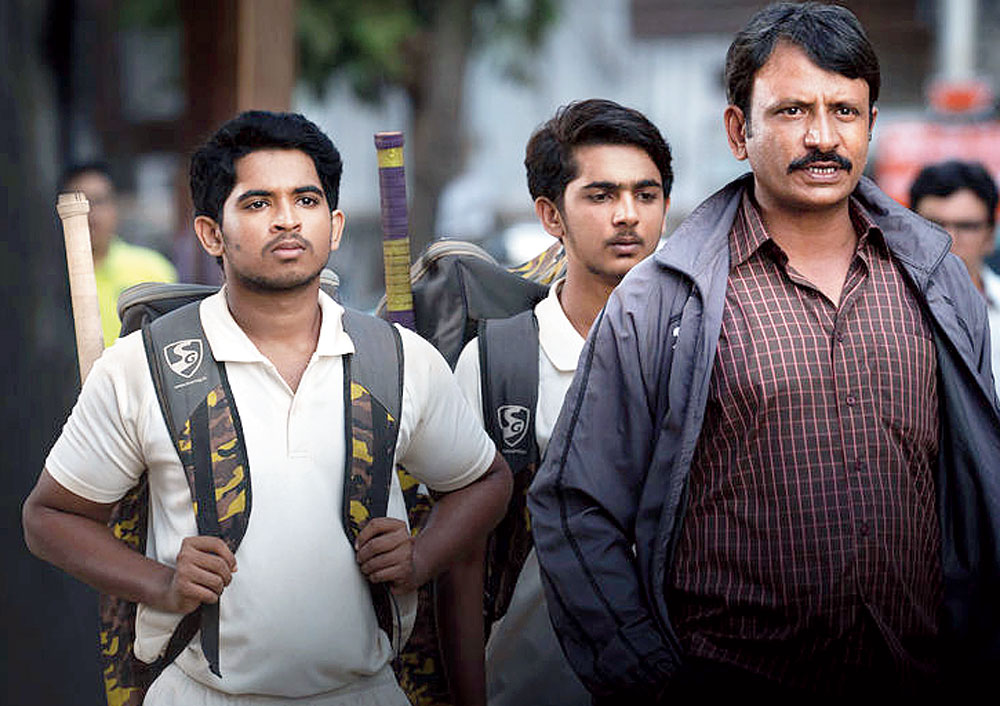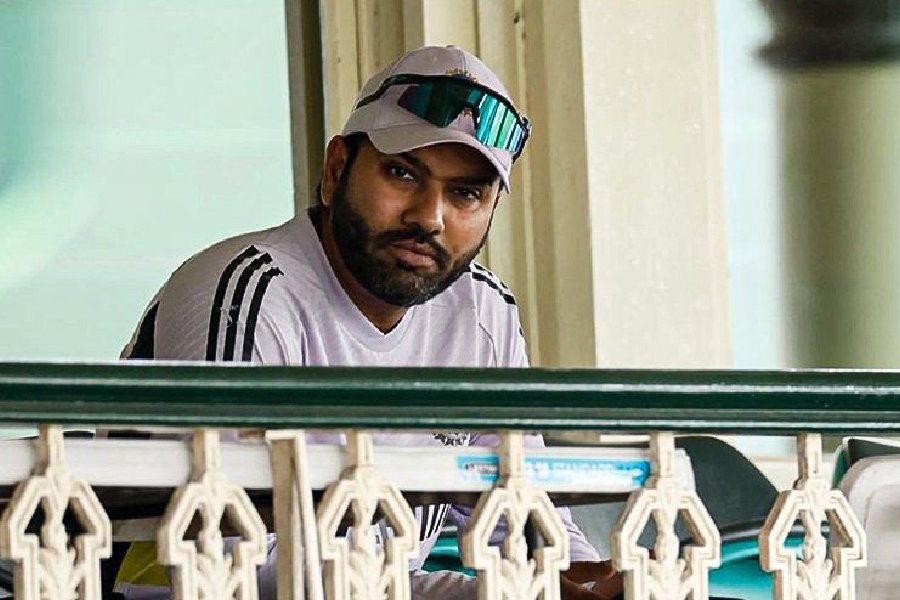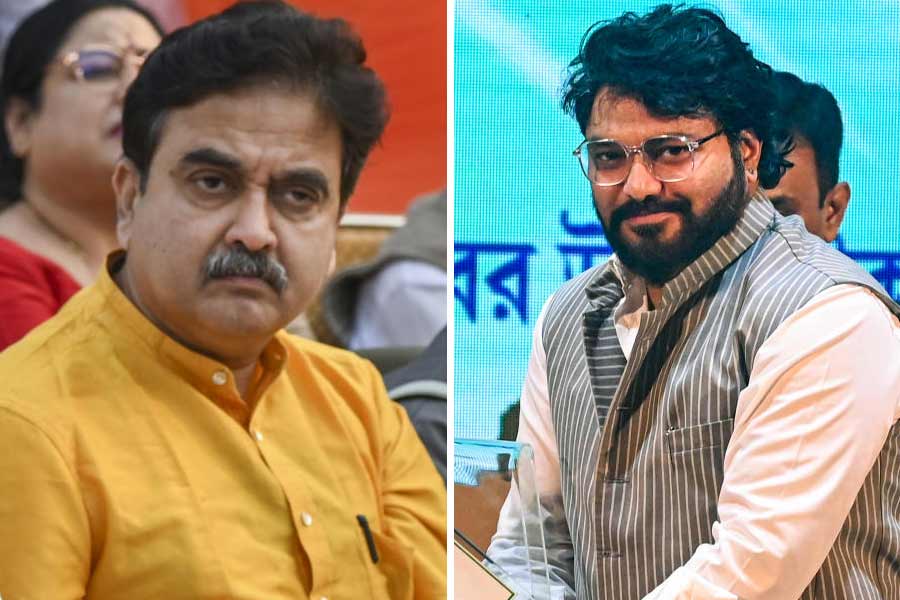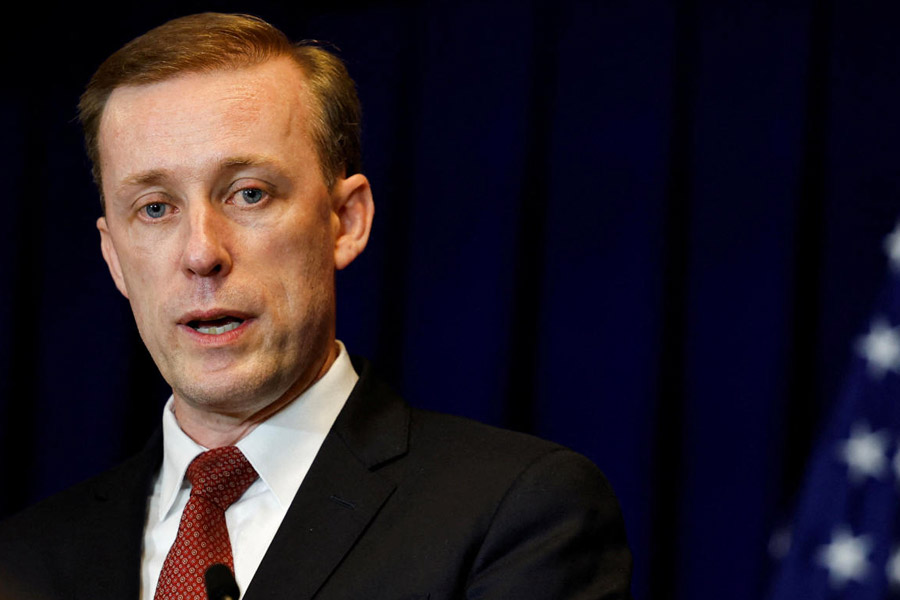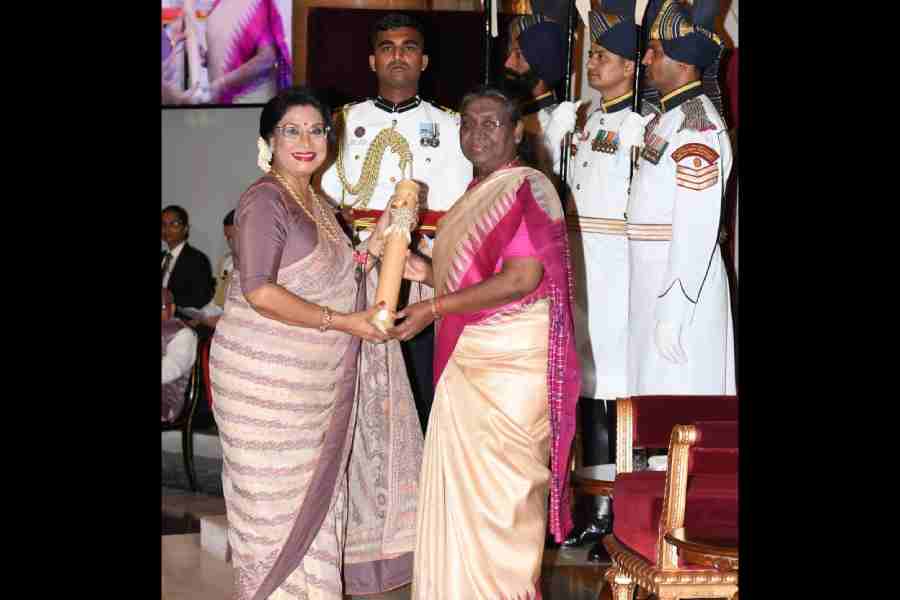Selection Day, a new Indian Netflix Original, brings to screen Booker winner Aravind Adiga’s eponymous novel. A quintessential Mumbai story, the series follows two teenage brothers and their cricket-obsessed father who move from a village to the big city in search of sporting glory. At the heart of Selection Day is actor-writer Rajesh Tailang as the overbearing father. Haridwar-bred Mohammad Samad plays the younger brother Manju while Mumbai boy Yash Dholye makes his debut playing the elder son Radha. We sat down with the three actors for a quick chat recently at the JW Marriott in Juhu, Mumbai.
Selection Day is a story about following your dreams. When did acting become a dream?
Rajesh Tailang: I was about 12 or 13 when my uncle organised a play in the house with all the kids. My brother lived in Delhi and I would spend my summer vacations there. He got me admitted into the NSD (National School of Drama) workshops that happen there. Then I started doing mature theatre and joined NSD.
Yash Dholye: I actually wanted to join the Air Force, but I have weak eyesight. I was always interested in performing arts ; I play the tabla too but I never thought of it as a career. When I was in the eighth grade, I attended an acting workshop and the coach said that I should consider acting as a profession. My mom started pushing me towards acting, because she didn’t want me to join the Air Force. So, I continued doing workshops and then I joined Ruparel College to do theatre at the collegiate level. I got Selection Day almost immediately after I graduated.
Mohammad Samad: When I was 11, some people came to school to conduct auditions. They started with 200 kids, and the list kept getting shorter. In my final audition, I was supposed to look for a goat and was crying profusely. Everything was done off-camera and the director and casting director were both there. I actually began to like acting after Gattu, then I did Haraamkhor and Tumbbad and a short film with Rajesh Sir.
Cricket is integral to the show. Do you like cricket?
Samad: I don’t like it that much, and haven’t played it for a long time. I played a little in school and some gully cricket with my friends. I was usually the umpire during school matches because I wasn’t any good and couldn’t last beyond 2-3 balls before getting out (laughs). So, I had to train a lot for this role and practised for two months. For the first month-and-a-half, all I could do was the front-foot drive, but I couldn’t figure out the long shots. That needs power but I’m a bit of a weakling and haven’t done much hard work in life.
Yash: I played and was the 16th man in my school team. I had a basic idea and we watch the game as well. The training I did was more like polishing to be technically sound and look like a real No. 1 batsman, not like Samad who started with how to hold the bat (laughs).
And you got to meet Sachin Tendulkar. How was that?
Samad: It was so great meeting him. Both of us just sat there quietly, and he came and asked us how the experience was, how many days we were on the shoot, and what we found difficult. Yash was completely blank. He just had nothing to ask Sachin. And then Sachin kept telling me to not be nervous, and I told him not to look at me but to look at Yash (laughs).
Yash: God was standing there and I couldn’t string together a sentence. I got to do darshan and that was enough for me.
Rajesh, you’ve been acting for a long time. What was it like to work with two actors who had very little acting experience?
Rajesh: I never felt it. They were always prepared and as professional as anybody you can imagine in this field. I’ve also worked with Samad previously in a short film for London Film School, when he was very young; he’s suddenly grown up so much. It was my first time acting with Yash, and we even did our final auditions together, to see the chemistry between us. We’ve been very friendly since then and rehearsed a lot together.
We have seen real-life fathers like your character in the show. But he is quite unlikeable. Is it hard to play someone you dislike?
Rajesh: I personally don’t like him as a person. But as an actor, when you play people, they can never think of the character as a villain. Mohan is not a villain to himself — every act is justified. As an actor, I have to find those justifications and believe in them. My father always supported me in whatever I wanted to do, and I do the same with my 10-year-old son. I have, however, seen people around me who do this to their kids, and burden them with their own ambitions. It’s a very clinical approach to parenting where the kids’s feelings have no value, because these people don’t think they gave birth to them to have any thoughts of their own. They believe the job of thinking is theirs, and the child should just follow what they say because they don’t know what’s good for them.

